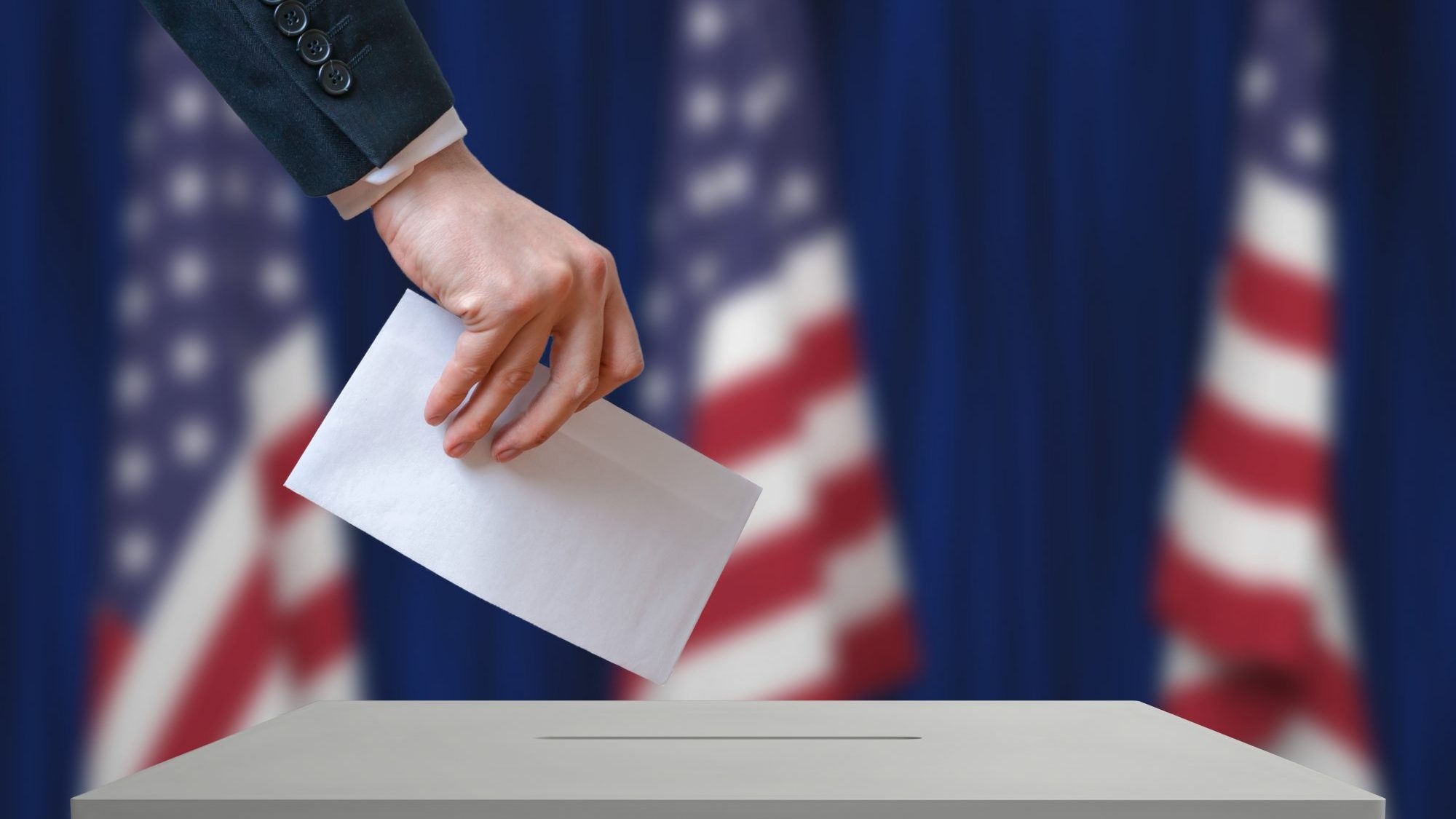By Chip Brownlee
Alabama Political Reporter
WASHINGTON — The Federal Commission created by President Donald Trump to audit the nation’s election system has postponed a controversial request to states seeking voter roles and personal voter data.
But it doesn’t look like it will change Alabama’s response.
The Commission vice chair, Kansas Secretary of State Kris Kobach, said in a Federal court filing Monday that the Commission has sent letters to all 50 secretaries of state directing them not to submit any sensitive voter data to the Commission.
Secretary of State John Merrill said Monday his office had received that letter, which was sent by Andrew Kossack, the federal officer assigned to the president’s Commission on Election Integrity.
The Commission put a hold on personal voter data collection until the US District Court for the District of Columbia rules on a request for a temporary restraining order filed against the Commission over their voter probe — a probe many secretaries of state across the country have labeled as unnecessary overreach and a violation of privacy.
Regardless of the court decision, Merrill told APR that his office will not provide any voter data to the Federal Advisory Commission.
“We cannot, by law, give the information to them,” Merrill said in a phone interview from a National Association of Secretaries of State Convention in Indianapolis, Indiana.
Alabama law prevents the Secretary of State from turning over the sensitive data contained within Alabama’s lengthy voter rolls, particularly personal data like partial social security numbers, birth dates, military and driver’s license numbers, which were requested by Kobach’s Commission.
Only one state, Arkansas, has submitted the data requested by the Commission. Most other states have denied the panel’s request or not answered at all. Merrill, a Republican, said the Commission could file for the public voter rolls but any more detailed information would not be handed over.
“If they want to purchase it they can purchase it anytime they want because we’re not going to provide it to them voluntarily or for free,” Merrill said.
And a full print out of the publicly available voter rolls — totaling in at more than 3.2 million registered voters — would cost upward of $32,000, Merrill said.
The Commission made up of members of both parties but headed by Vice President Mike Pence and Kobach is facing several lawsuits already over the voter data request. The court filing Monday is part of a complaint filed by the Electronic Privacy Information Center seeking a temporary restraining order to prevent states from turning over data.
The American Civil Liberties Union also sued the Commission earlier in the day alleging that the Commission is violating US law that requires transparency in government.
Arkansas already sent in a batch of publicly available information to a data center managed by the Department of Defense at Redstone Arsenal in Huntsville. Kobach said Monday the Commission would no longer use the Huntsville data center after the plaintiffs in the lawsuits sought to add the Department of Defense as a defendant in the case.
Kobach said the Commission didn’t want the case to interfere with other agencies’ access to the SAFE server.
Arkansas’ files sent to the DOD’s Safe Access File Exchange at Redstone won’t be downloaded by the Commission, according to the court filings. The files will be deleted for the time being until the court rules on the case. If the judge gives the go-ahead, the sensitive voter data will instead be held on a secure White House server that was set up Monday.
Even the information Arkansas sent to the Commission was limited in scope and didn’t answer the Commission’s full request. Like Alabama, many states that didn’t flat-out reject the request said the Commission could purchase public data.
However the Federal court case turns out, it likely won’t change the responses from the secretaries of state across the US. Merrill said he was “disappointed” with the way Kobach handled the data request.
“Chris is very very smart, but he didn’t handle this very well,” Merrell said. “It put a lot of people in a defensive posture who never should have been put in a defensive posture, including people on the Commission who did not know he was sending the letter that had already been distributed.”
Even Kobach’s own office said it won’t turn over data to the Commission because Kansas state law prohibits it. Merrill said Kobach should have reached out to other secretaries of state privately before sending out a massive request that most couldn’t comply with.
And the publicly available data may not be much help.
“What they can get from Alabama won’t really help them a whole lot if they’re trying to identify people who might be voting twice or be registered twice because they can’t get enough information to properly or adequately cross reference them in such a way that would really help them accomplish their goal,” Merrill said.
Because there may be several legitimate voters with the same name and birthdates across the country, specific identifiers like social security numbers or driver’s license numbers would be needed to properly cross-reference. But turning those numbers over as the Commission has requested could violate voters’ privacy — the lawsuits allege — and most states have laws preventing it.
Almost all secretaries of state questioned about possible voter fraud have fiercely swatted away allegations of voter fraud, and elections experts say that voter fraud is extremely rare. Democrats have suggested that Trump’s elections integrity Commission is tactic to introduce voter suppression tactics.
Regardless, Merrill said he has “absolute confidence” in Alabama’s elections system.
“I can’t speak for other states, but I have a lot of confidence in the people who are in those roles that they’re doing all they can,” he said.
Email Chip Brownlee at [email protected] or follow him on Twitter at @chpbrownlee. Chip reported from Washington.


















































